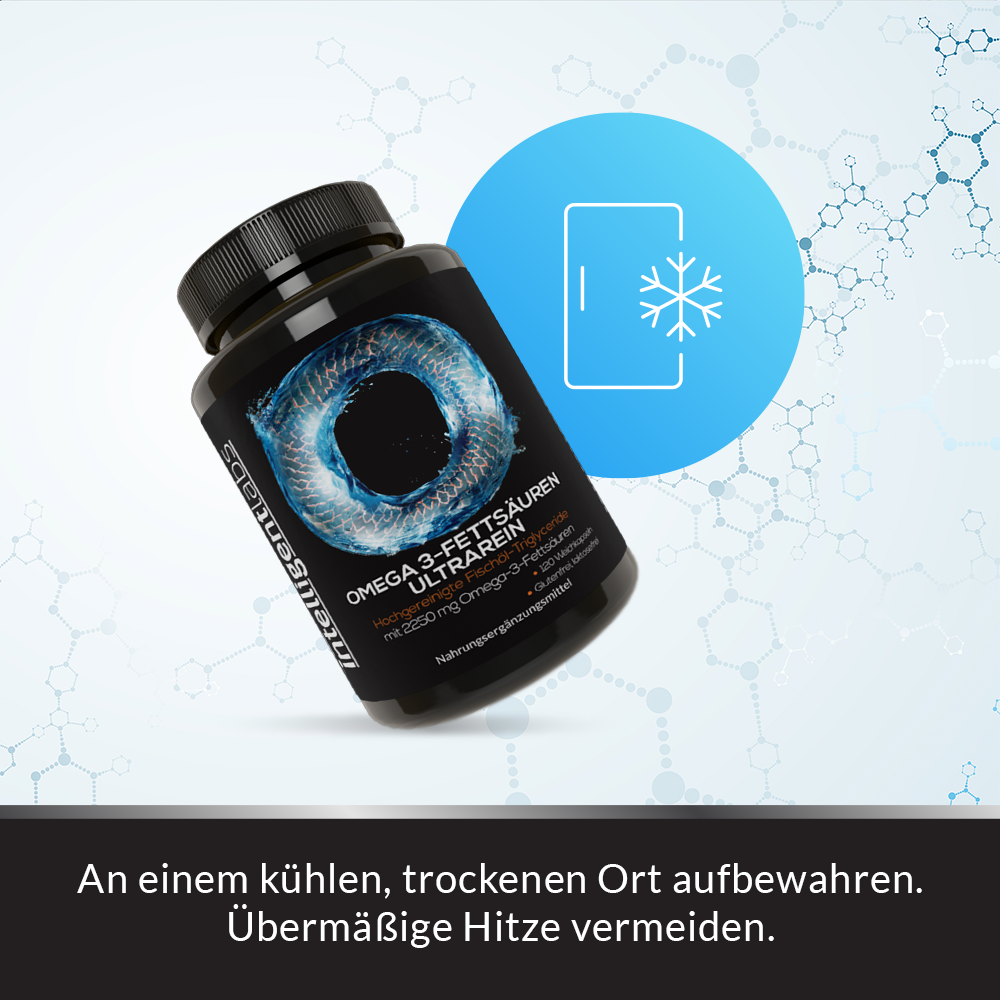How to Choose the Right Fish Oil Supplement

Introduction
Fish oil supplements have become one of the most popular health products on the market — and for good reason. They’re rich in omega-3 fatty acids (EPA and DHA), which are vital for heart, brain, and joint health. But with so many options out there, how do you know which one is truly the best fish oil supplement for you? Let’s break it down step by step.
1. Understand What Makes Fish Oil “Good”
A high-quality fish oil supplement should deliver potent amounts of EPA and DHA, the active omega-3s responsible for most of its benefits. Look for at least 500 mg of combined EPA and DHA per serving for general wellness, and higher doses for specific conditions like heart or joint support.
2. Check for Purity and Freshness
Fish oil quality depends heavily on how it’s processed.
- Molecularly distilled or cold-pressed oils remove toxins like mercury, lead, and PCBs.
- Third-party testing ensures purity and potency.
- A mild or no “fishy” smell is a sign of freshness — a rancid odor means it’s oxidized and ineffective.
Always check for certifications from reputable testing bodies such as IFOS (International Fish Oil Standards).
3. Look at the Source of the Fish
Different fish contain different levels of omega-3s. The best fish oil supplements are often sourced from small, cold-water fish like anchovies, sardines, or mackerel. These species are low in contaminants and high in omega-3 content. Sustainable sourcing is also important for the planet — look for brands that are MSC-certified (Marine Stewardship Council).
4. Understand the Form: Triglyceride vs. Ethyl Ester
Fish oil supplements come in two main forms:
- Triglyceride form: Naturally occurring, easier to absorb.
- Ethyl ester form: Chemically altered and sometimes less bioavailable.
For best absorption and minimal side effects, choose supplements in the natural triglyceride or re-esterified triglyceride form.
5. Don’t Forget the Extras
Some premium fish oils include antioxidants like vitamin E to prevent oxidation or combine other beneficial nutrients like vitamin D. These can enhance both absorption and stability.
Conclusion
Choosing the right fish oil supplement isn’t just about grabbing the most expensive bottle, it’s about quality, purity, and transparency. Look for clean sourcing, high EPA/DHA levels, third-party testing, and natural triglyceride form. When you find the right one, you’ll unlock the full potential of omega-3s for your heart, brain, and beyond.
